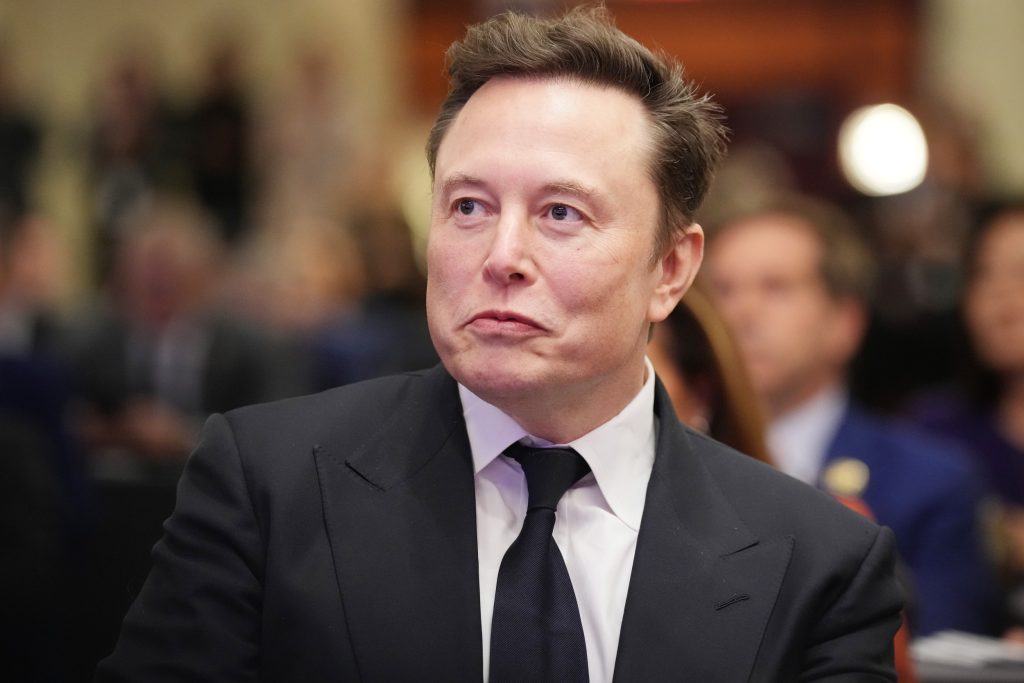Elon Musk’s fervent defense of the H-1B visa program, punctuated by a strongly worded retort to a critic on X (formerly Twitter), has ignited a firestorm of debate within the political landscape, particularly among supporters of former President Donald Trump. Musk’s emphatic declaration to “go to war” on this issue underscores the deep divisions within the MAGA coalition regarding immigration policy, specifically concerning skilled foreign workers. This clash highlights the complex balancing act Trump faces as he attempts to appease both his business-oriented supporters who view legal immigration as an economic boon and the more nativist wing of his base who perceive it as a threat to American jobs.
The controversy erupted following a seemingly innocuous post by an X user, Steven Mackey, who jokingly suggested that Musk should focus his optimization efforts on the H-1B visa program. Musk’s response was anything but playful, containing a profanity-laced rebuke that quickly went viral. While Mackey clarified his support for H-1B reform and expressed gratitude for Musk’s contributions to the U.S., the damage was done. Musk’s aggressive stance, while reflective of his personal experience as an immigrant who benefited from the H-1B program, has exposed the fault lines within the Republican party on immigration.
The timing of this episode is particularly significant given the ongoing discussions surrounding potential changes to immigration policy under a potential second Trump administration. Trump’s appointment of Sriram Krishnan, an Indian-born entrepreneur, as his senior policy advisor on artificial intelligence, further fueled the debate. Krishnan’s past support for easing restrictions on skilled foreign workers drew sharp criticism from conservative activist Laura Loomer, who framed it as a betrayal of Trump’s purported agenda. This internal conflict underscores the challenge Trump faces in reconciling the competing interests within his base.
Musk’s vocal defense of the H-1B program aligns him with other prominent figures like Vivek Ramaswamy, his proposed co-leader for the Department of Government Efficiency (DOGE) under a potential Trump administration. Both Musk and Ramaswamy, successful entrepreneurs with immigrant backgrounds, see the value of attracting skilled foreign talent to the United States. Their stance, however, puts them at odds with a segment of Trump’s supporters who advocate for stricter immigration controls, viewing foreign workers as competition for American jobs.
The incident has drawn a wide range of reactions on social media, from shock and disbelief to expressions of support for Musk’s position. Critics have labeled Musk an “ungrateful immigrant” while others have applauded his willingness to challenge the anti-immigrant sentiment within the MAGA movement. The intensity of the reactions highlights the sensitive nature of immigration policy in the current political climate and the potential for this issue to become a major point of contention within the Republican party.
The debate surrounding the H-1B visa program and legal immigration more broadly is likely to continue as the 2024 presidential election draws closer. Trump will face the difficult task of navigating the conflicting viewpoints within his base while simultaneously appealing to a broader electorate. His past statements, including his suggestion that international graduates from American universities should be granted green cards, suggest a willingness to consider more flexible immigration policies. However, the pressure from his more restrictionist supporters could force him to adopt a harder line, potentially alienating business leaders and exacerbating the divisions within his coalition. The future of the H-1B program and broader immigration policy will likely depend on how Trump chooses to balance these competing pressures.










